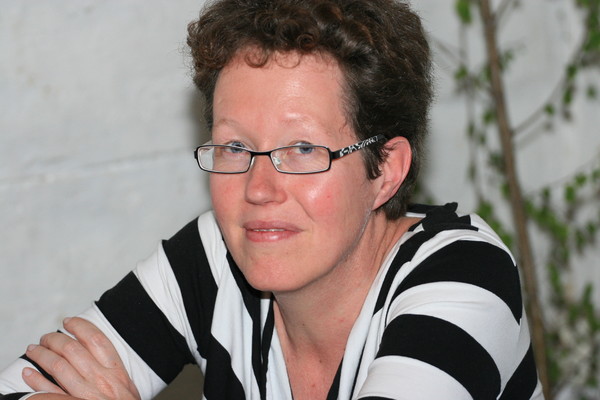In a nutshell, how would you describe the Paris MoU?
We are an umbrella technical body comprising of 27 maritime states which are members of Paris MoU Port State Control. This forms an effective control mechanism to enhance the safety of shipping, the protection of the marine environment and the working and living conditions on board ships; eliminating substandard shipping in the region.
What is the biggest challenge facing Paris MoU today?
The biggest challenge is rapidly changing international legislation. This is of particular concern when international bodies, such as the International Maritime Organization (IMO), call upon Port State Control Officers (PSCOs) to deviate from their duties under new mandatory requirements, such as those for ECDIS and Ballast Water Management, and then at the last moment take a step back when member states and/or the industry realise they are not ready.
We train our people to be prepared for the new requirements when a new convention comes into force and by stopping this at the last moment, or being asked to do it differently, creates a real challenge.
Does Paris MoU offer anything specific for marine insurers?
All our inspection related data is freely accessible through our public website for marine insurers to access information about a vessel or a fleet. This data provides an overview of inspections and detentions.
We also provide calculators to assist with the calculation of company profiles and ship risk profiles which may be of added value to insurers. We use these calculators purely for targeting purposes, as they are not a quality indicator, but many in the industry value this tool.
How do Paris MoU and IUMI work together?
We regularly communicate and will contact each other when there is something of interest. In 2016 I was asked to deliver a webinar for IUMI on Port State Control. I am happy to be invited to participate in other IUMI webinars, we have a good cooperation with open channels.
Do you have a view on the current state of the marine insurance market?
From a Port State Control perspective, I believe it is working well. In the instances when ships have been damaged during a voyage or when coming into port it must be reported to the PSC, but if the damage is reported using adequate reporting channels – such as to their flag state and recognised organisation - we take this into account and will not detain on these damages.
Is there anything you would like to see marine underwriters do differently or better?
The marine insurance market could focus more on targeted vessels/underperforming ships. Targeted vessels are ships banned from operating in a region or are on a watch list for a certain region. Usually these ships are under certain poorer performing flag states and recognised organizations. By focusing on these ships e.g. by increasing the risk and premiums for these vessels, marine insurance can assist in the common goal of eliminating substandard ships by strengthening the circle of responsibility.
If you could wave a magic wand and change just one thing in the shipping industry, what would it be?
I would ensure that all seafarers be adequately trained, paid and have decent working and living conditions on board a ship. In my view a happy crew equates to a content, well run and safe ship, and it is important to remember that the crew is the essence.
If you were not in your current role what would be your ideal job?
My dream job would be to contribute effectively to a more sustainable future for the next generation and to leave a better world for those that come next.
What do you like doing when not working?
I enjoy travelling abroad, spend my leisure time on board a sailing yacht with my husband and son, reading, riding my bicycle and enjoying family life.
Anything else you’d like to add?
The cooperation between the nine regional PSC agreements and US coastguard collectively, as well as with the IMO and ILO is very valuable. It is a necessity if we wish to eliminate substandard ships globally by preventing these substandard ships to escape to other regions continue to trade.
